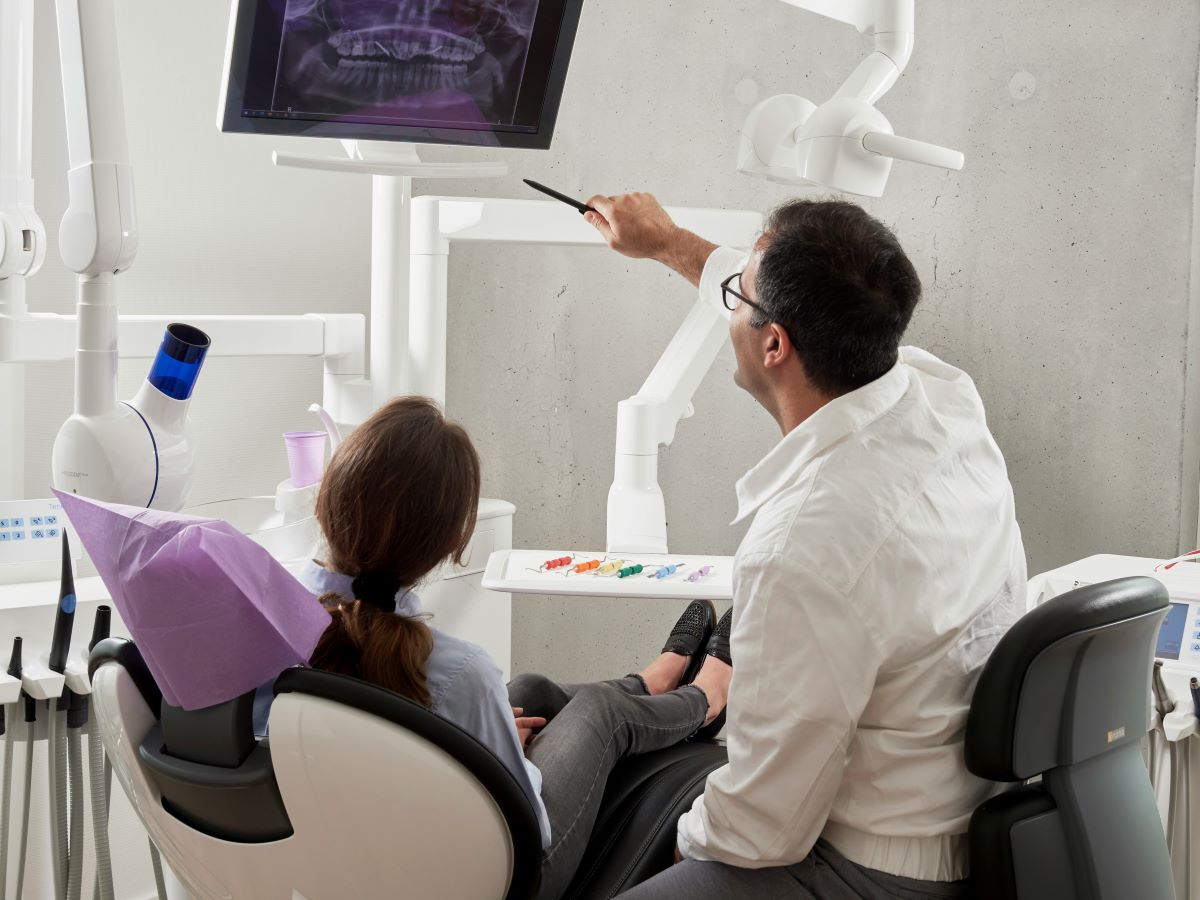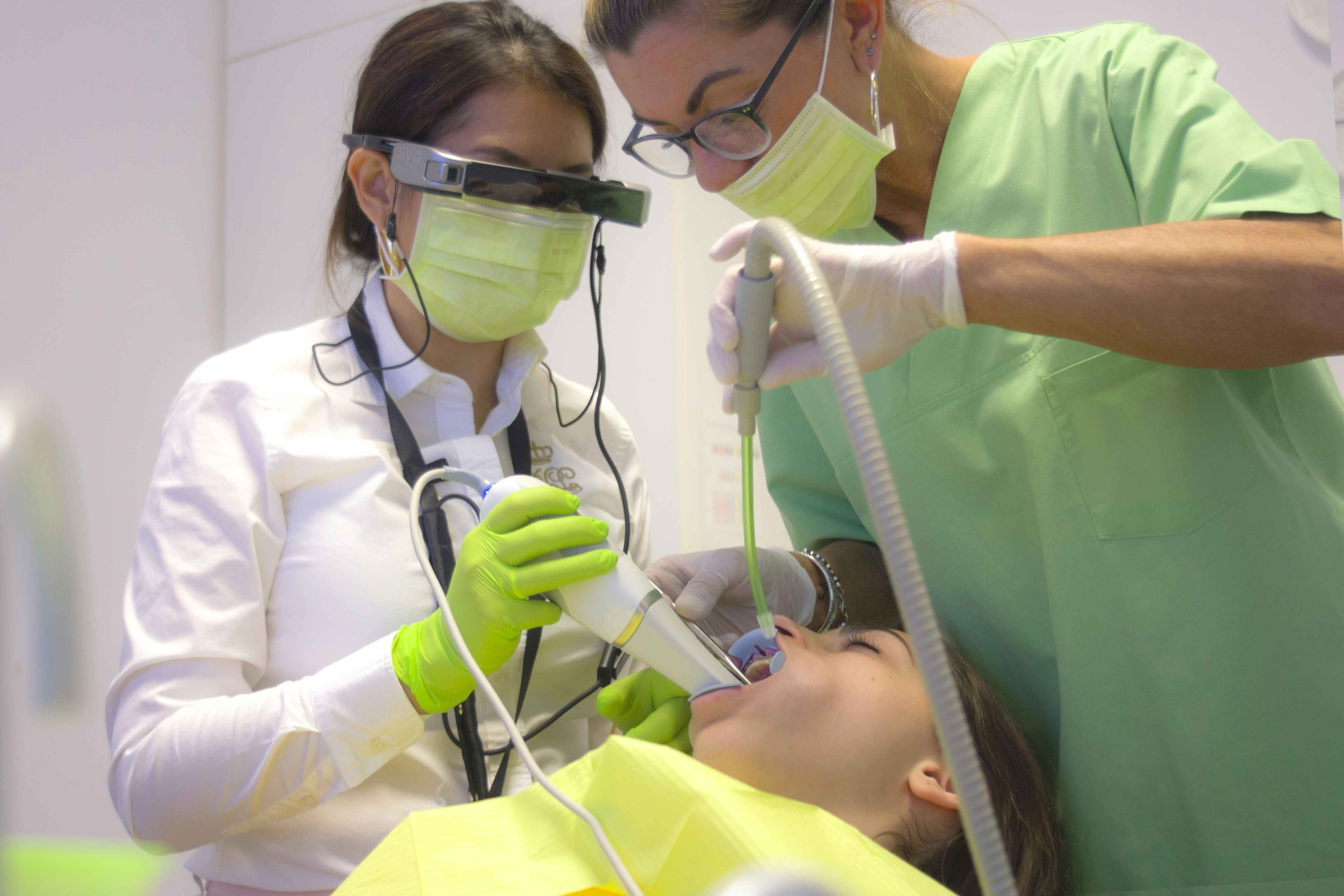Dental Assistants: The Backbone of Dental Practices
Dental assistants are integral members of dental teams, providing essential support to dentists and hygienists. Their responsibilities encompass a wide range of tasks, from patient care to administrative duties. One of their primary roles is to assist dentists during procedures by preparing instruments, sterilizing equipment, and ensuring patients are comfortable. Additionally, dental assistants often handle administrative tasks such as scheduling appointments, managing patient records, and processing X-rays.
To become a dental assistant, individuals typically pursue a certificate or diploma program, which can be completed in as little as nine months. These programs cover topics such as dental terminology, chairside assisting, infection control, and radiography. While formal education is essential, many dental assistants also acquire hands-on training through internships or on-the-job experience.
Dental Hygienists: Oral Health Experts
Dental hygienists are highly trained oral health professionals responsible for preventive dental care and patient education. Unlike dental assistants, hygienists are licensed to perform clinical procedures independently, although they work under the supervision of a dentist. Their primary focus is on preventing and treating gum disease, conducting dental cleanings, and providing personalized oral hygiene instructions to patients.
Becoming a dental hygienist requires more extensive education and training compared to dental assisting. Most hygienists hold an associate degree in dental hygiene, which typically takes two to three years to complete. These programs cover subjects such as anatomy, physiology, pharmacology, and periodontology, along with extensive clinical training in dental hygiene procedures.
Key Differences in Roles and Responsibilities
While both dental assistants and dental hygienists contribute to the overall functioning of a dental practice, their roles and responsibilities differ significantly:
- Patient Care:Dental assistants primarily assist dentists during procedures and provide chairside support. They also take on administrative tasks and help with patient management. In contrast, dental hygienists focus on preventive care, conducting cleanings, and educating patients about oral hygiene practices.
- Clinical Procedures: Dental assistants are trained to perform tasks such as taking X-rays, preparing dental materials, and sterilizing instruments. Dental hygienists, on the other hand, are licensed to perform more advanced clinical procedures, including scaling and root planing to treat gum disease.
- Education Requirements:While dental assistants typically complete certificate or diploma programs, dental hygienists must earn an associate degree in dental hygiene and obtain a state license to practice independently.
Choosing the Right Path
Deciding between a career as a dental assistant or a dental hygienist depends on individual preferences, career goals, and educational aspirations. Dental assisting offers a quicker entry into the field with shorter training programs, making it an appealing option for those seeking a fast-paced healthcare career. On the other hand, dental hygiene provides a more comprehensive education and greater opportunities for clinical practice and professional advancement.
Regardless of the chosen path, both dental assistants and dental hygienists play vital roles in promoting oral health and enhancing the patient experience. Their collaborative efforts contribute to the overall success of dental practices and help improve the quality of dental care delivered to communities.
Get Started in Dental Assistance Today
In summary, dental assistants and dental hygienists are indispensable members of dental teams, each fulfilling unique roles and responsibilities. While dental assistants provide essential support to dentists and hygienists, dental hygienists focus on preventive care and clinical procedures to maintain oral health. Aspiring dental professionals should carefully consider their interests, career goals, and educational options when choosing between these rewarding career paths.
For those interested in pursuing a career in healthcare, including dental assisting, Best Bootcamps offers accelerated education through immersive bootcamp programs in various critical fields. With expert instructors and hands-on training, Best Bootcamps equips students with the skills and knowledge needed to excel in their chosen profession. Visit Best Bootcamps today to explore your options and kickstart your career journey in healthcare.
In conclusion, whether you aspire to become a dental assistant or a dental hygienist, your dedication to oral health will undoubtedly make a significant impact on the lives of patients and communities alike.




